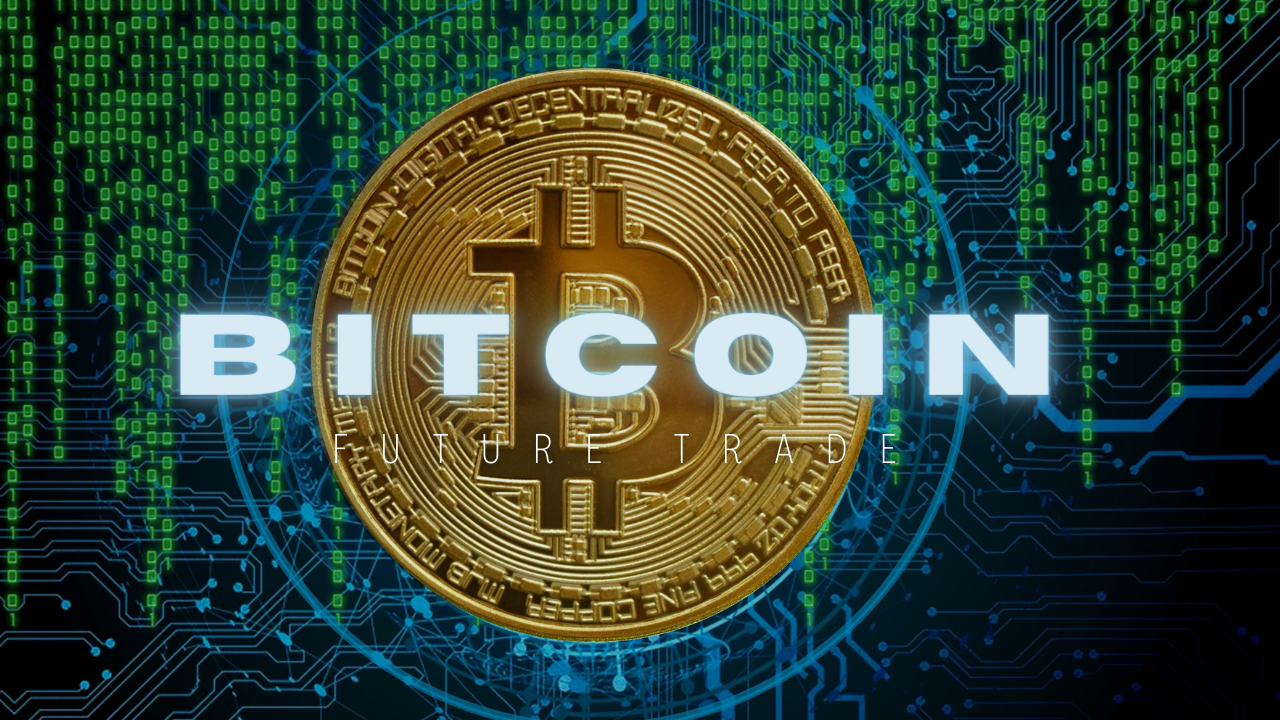In recent years, the world has witnessed the meteoric rise
of Bitcoin, a decentralized digital currency that has disrupted the traditional
financial landscape. Bitcoin's innovative technology and potential for
substantial returns have attracted investors, traders, and even governments. In
this blog post, we will delve into the fascinating world of Bitcoin, exploring
its history, workings, and impact on the global economy.
The Genesis of Bitcoin
Bitcoin was conceived in 2008 by an anonymous person or
group using the pseudonym Satoshi Nakamoto. In January 2009, Nakamoto released
the first open-source Bitcoin software, enabling the creation of a peer-to-peer
electronic cash system. Bitcoin's underlying technology, blockchain, acts as a
public ledger that records all transactions securely and transparently.
How Bitcoin Works
At its core, Bitcoin operates on a decentralized network of
computers, commonly known as nodes. These nodes validate and record transactions,
ensuring the integrity of the entire system. Participants in the network, known
as miners, use computational power to solve complex mathematical puzzles. The
first miner to solve the puzzle adds a new block of transactions to the
blockchain and is rewarded with newly minted bitcoins. This process is known as
mining and is crucial for the network's security and stability.
Key Advantages of Bitcoin
3.1. Decentralization:
Unlike traditional currencies, which
are controlled by central authorities like governments and banks, Bitcoin
operates independently of any single entity. This decentralization ensures
transparency, security, and prevents the risk of government interference or
inflation manipulation.
3.2. Lower Transaction Fees:
Traditional financial systems
often levy high transaction fees for international money transfers. Bitcoin
transactions, on the other hand, have lower fees, making it a cost-effective
option for cross-border payments.
3.3. Financial Inclusion:
Bitcoin allows access to financial
services for unbanked populations around the world. All that's needed is an
internet connection and a digital wallet to participate in the Bitcoin economy.
3.4. Limited Supply:
Unlike fiat currencies, Bitcoin has a
capped supply, with a maximum limit of 21 million coins. This scarcity adds
value and protects against the potential erosion of wealth through inflation.
Bitcoin's Impact on the Financial World
4.1. Investment and Trading:
Bitcoin's unprecedented price
appreciation has drawn the attention of investors seeking high returns. Some
see it as a store of value similar to gold, while others treat it as a
speculative asset in their investment portfolios. Cryptocurrency exchanges have
sprung up to facilitate trading and investment in Bitcoin and other digital
assets.
4.2. Remittances and Cross-border Transactions:
Bitcoin's
low transaction fees and borderless nature have made it an attractive option
for remittances and cross-border payments. It offers a faster and cheaper
alternative to traditional banking systems, especially for international
transactions.
4.3. Financial Institutions and Governments:
Major financial
institutions and even some governments have begun exploring blockchain
technology and digital currencies. Central banks in some countries are piloting
or considering issuing their own central bank digital currencies (CBDCs),
inspired in part by the success and popularity of Bitcoin.
Conclusion
Bitcoin's journey from an obscure concept to a global
phenomenon has been nothing short of revolutionary. Its decentralized nature,
borderless transactions, and potential for financial inclusion have captured
the world's imagination. As more people and institutions embrace this
transformative technology, the impact of Bitcoin on the financial world will
continue to shape the future of finance for years to come.
Remember, while Bitcoin offers exciting opportunities, it is
essential to exercise caution and conduct thorough research before investing or
participating in the cryptocurrency market. As with any investment, risks
exist, and prudent decision-making is paramount.


.jpg)


.png)


0 Comments